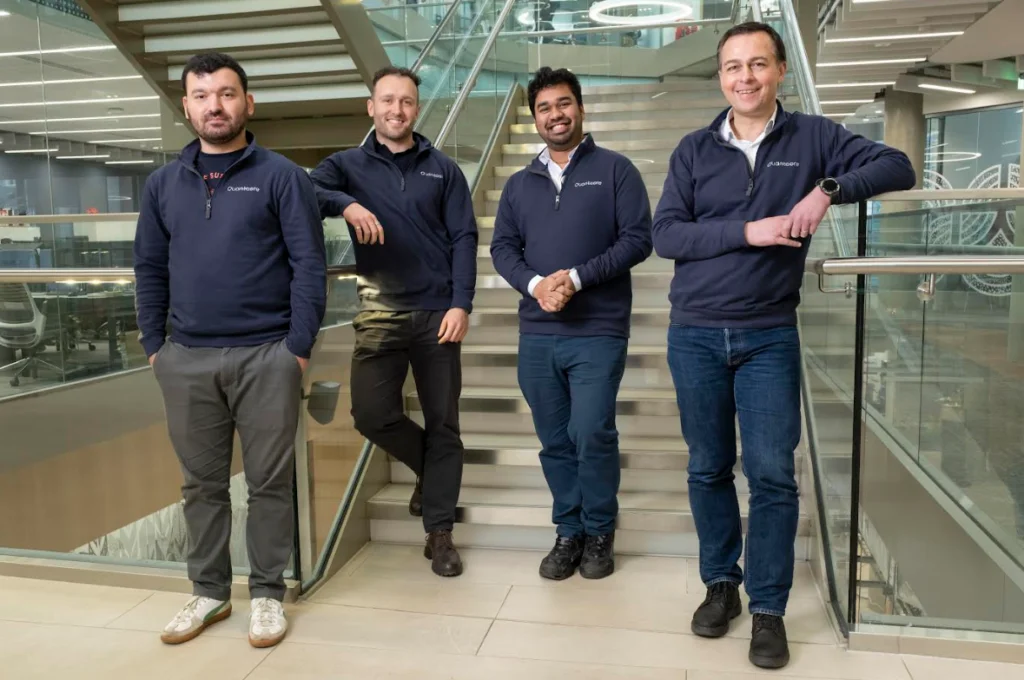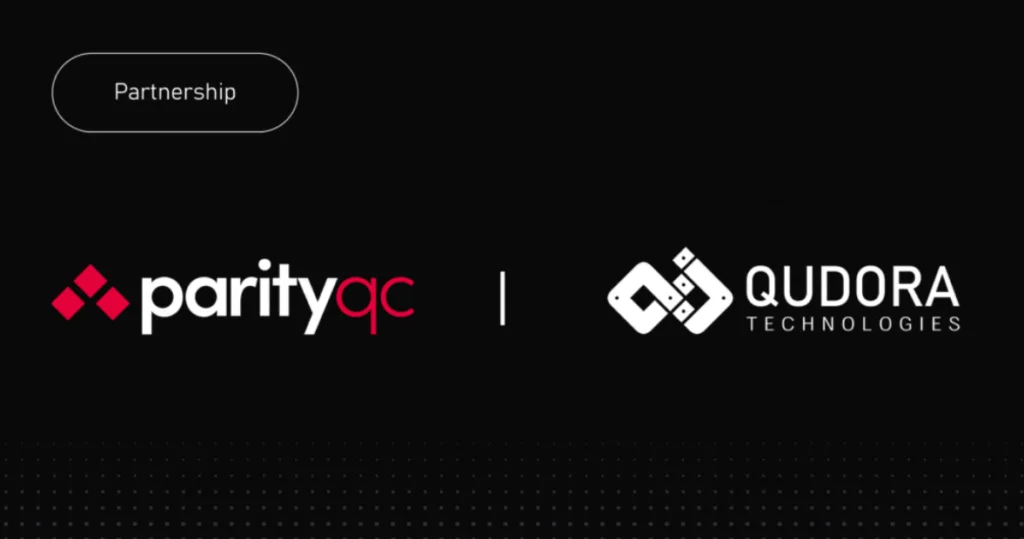Insider Brief:
- Lufthansa Industry Solutions has announced a collaboration with the German Aerospace Center (DLR) to research how quantum computing can improve strategic and tactical planning processes in air traffic, including flight scheduling and crew deployment.
- As part of the DLR Quantum Computing Initiative (DLR QCI), Lufthansa was awarded two sub-projects under the “QCI QCMobility” project, focusing on strategic planning and tactical planning. These projects will explore the advantages of quantum algorithms over classical ones and are scheduled to run until December 2026.
- Lufthansa partnered with Eurowings and Kipu Quantum for the strategic planning sub-project, leveraging fleet and scheduling data to develop and test mathematical problem formulations and quantum algorithms on both classical and quantum hardware.
- The tactical planning sub-project will assess quantum algorithms’ effectiveness in optimizing flight routes and crew assignments, with Lufthansa providing real operational data to support the research.
- Editor’s Note: The following has been translated from German into English using ChatGPT.
PRESS RELEASE — The United Nations has declared 2025 the International Year of Quantum Technology. An ideal application for quantum computers lies in the complex planning processes of air traffic—ranging from flight scheduling and crew deployment to flight route planning. Over the next two years, Lufthansa Industry Solutions (LHIND), in collaboration with various institutes of the German Aerospace Center (DLR), will research how quantum computers can elevate airlines’ strategic and tactical planning to a new level.
“Efficient resource utilization is essential for the economic success of an airline,” said Dr. Joseph Doetsch, Quantum Computing Lead at LHIND. “This applies to long-term considerations like creating annual flight schedules as well as to operational challenges, such as adjusting flight routes due to airspace closures or severe weather, or managing last-minute crew shortages due to illness. Not to mention adhering to mandatory maintenance intervals.”
QUANTUM ALGORITHMS AND CLASSICAL ALGORITHMS IN DIRECT COMPARISON

Within the DLR Quantum Computing Initiative (DLR QCI), DLR researchers, start-ups, and industry partners are jointly developing quantum computers and their applications. DLR QCI research projects are implemented by DLR institutes in collaboration with industry partners, selected through competitive bidding.
As part of the “QCI QCMobility” project, LHIND has been awarded two sub-projects: “Strategic Planning Processes” and “Tactical Planning Processes.” LHIND is working closely with the DLR Institute of Air Transport and the DLR Institute of Quantum Technologies. These contracts will run until December 2026. “We are thrilled that the DLR has brought us on board in the UN’s International Year of Quantum Technology and a century after the formulation of quantum mechanics,” said physicist and quantum computing expert Dr. Doetsch.
For the “Strategic Planning Processes” sub-project, LHIND has engaged Eurowings as a subcontractor. The airline is providing data directly from its planning systems, reflecting the complexity of its fleet of more than 100 aircraft across 13 locations. Together with the quantum computing start-up Kipu Quantum, which specializes in application- and hardware-specific solutions, LHIND is developing mathematical problem formulations and efficient quantum algorithms to be evaluated on both classical computers and quantum hardware.
In the “Tactical Planning Processes” sub-project, the DLR Institute of Air Transport will investigate which quantum algorithms offer advantages over classical ones in optimizing flight routes and in the short-term allocation of aircraft and crews to flight plans and routes. Lufthansa is providing operational data as a subcontractor to support this research.
BRINGING QUANTUM COMPUTING FROM BASIC RESEARCH TO EVERYDAY OPERATIONS
LHIND has been working for many years to bridge the gap between quantum technology research and practical applications. A recent example is a collaborative project launched last year with the Institute for Quantum Physics (IQP) at the University of Hamburg. This project focuses on developing quantum algorithms to optimize airport operations, particularly addressing the “Gate Assignment Problem,” where classical computers often hit computational limits due to the high complexity.
About Lufthansa Industry Solutions
Lufthansa Industry Solutions is an IT consulting and systems integration service provider. A subsidiary of Lufthansa, it supports clients in digitally transforming their businesses. Its customer base includes companies within the Lufthansa Group as well as more than 300 companies across various industries. Headquartered in Norderstedt, the company employs over 2,600 people at locations in Germany, Albania, Switzerland, and the United States.














